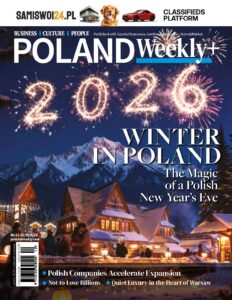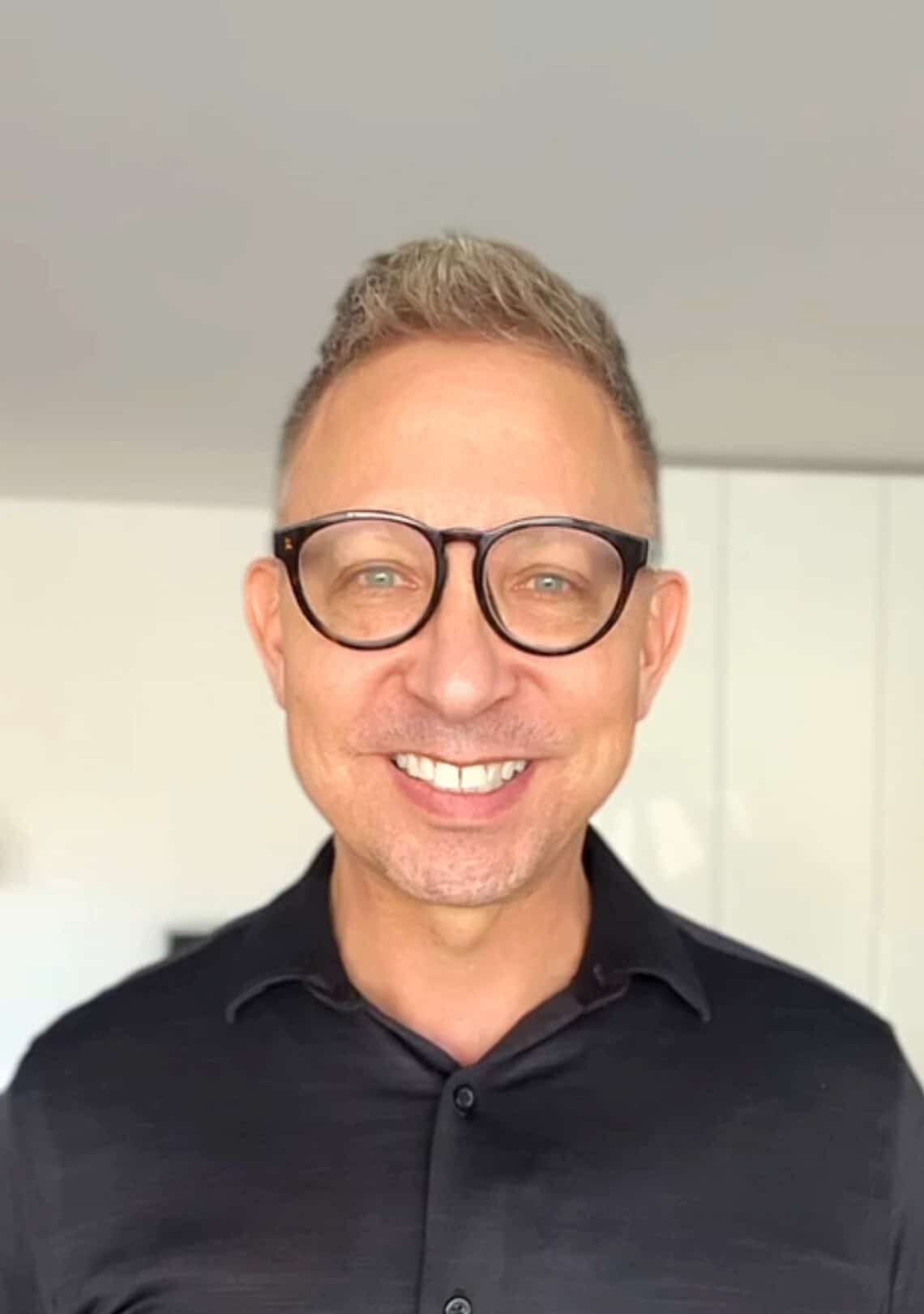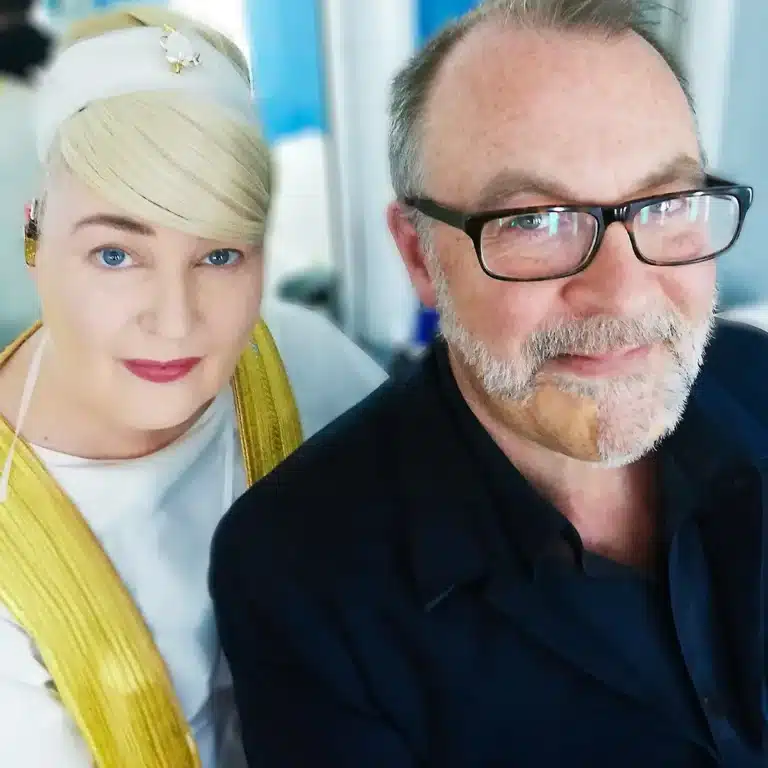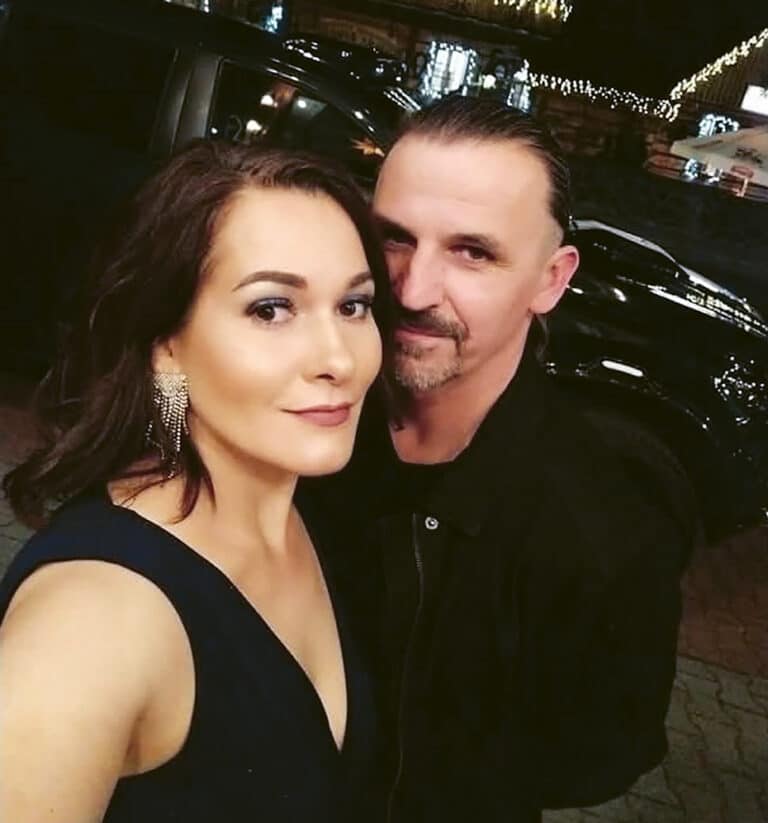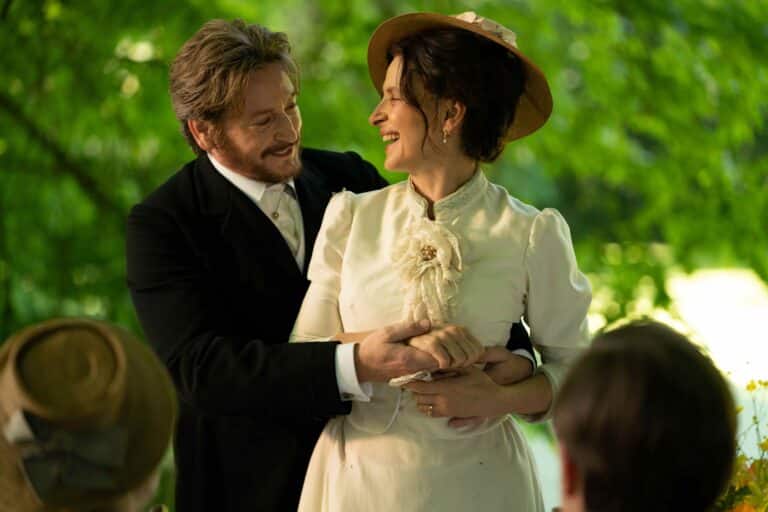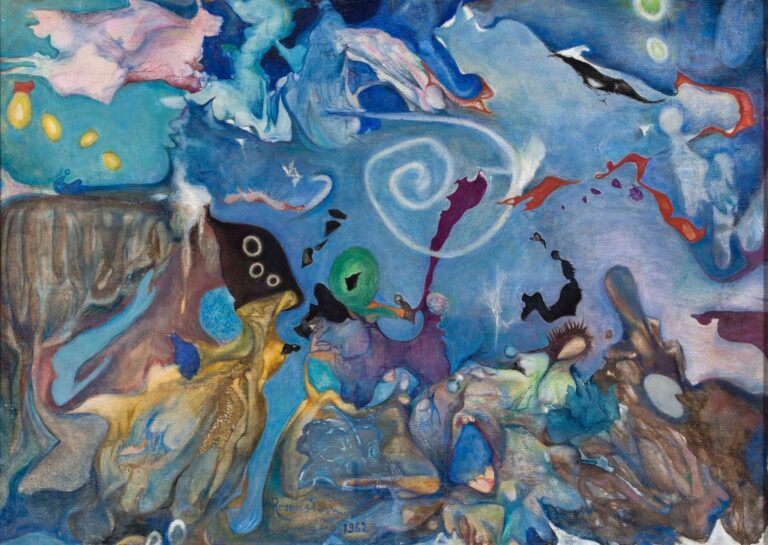ASK THE PROFESSOR
Christoper Korten is an American historian, a professor at the Adam Mickiewicz University in Poznań, and an experienced IELTS trainer with over 860 thousand Instagram followers @Professor_Korten. A graduate from Cambridge (master’s degree) and Oxford (PhD), who during a brief visit to Poland 20 years ago, found the perfect place to develop his academic career and build a life.
You specialize in the history of religion with the focus on Christianity. Was that the reason you had decided to study in Europe?
I was very curious, passionate about my subjects and I wanted to study abroad. This was in the 90s so I looked at all sorts of options and different universities around the world. Ultimately, I didn’t have enough confidence to go somewhere I didn’t really know the language. I decided that England and Ireland offered the most practical options. When I visited Cambridge and Oxford, I just fell in love. I made my application and I was lucky enough to get to Cambridge.
One of the best universities in the world!
I think it was a combination of luck and naivety – believing I could do it. I mean, when you just look at the odds… But I worked hard and I was really passionate about my field. I remember telling my parents I’d like to study in England. Our extended family, even though we are Italian immigrants on my mother’s side, never traveled overseas. So, it was a big step. My parents said – ‘You’re an adult, you can do whatever you want, but we can’t fund you anymore – you’re old enough to fund yourself’. So, I got very industrious. I started a business and ended up selling it, and that’s how I financed my education for 6 years. I was so excited about moving!
And from Cambridge to Oxford…
I worked really hard and did well on my master thesis, which allowed me to get into Oxford for the PhD, where I studied with the man who I just so greatly respect. He was the dean of the history department. I was very fortunate – it was a dream that I never wanted to end.
When did Poland appear on your academic map?
After Oxford, my best friend and I started a business in Munich. Long story short, it didn’t end well. As it happens, we had a lot of disagreements and we simply killed it. /laugh/ Around that time I was invited for a Name’s Day of a friend of mine in Warsaw. It was February 2004 and my first time in Poland. It was very dreary, cloudy, and the city was not as beautiful as we have it today. And I found myself drawn to it… 3 months later I came back and the following September I got a job at the University of Warsaw. Since then, I’ve stayed in Poland continuously with some brief interludes and one sabbatical to do research. I also taught at the Nicolaus Copernicus University in beautiful Toruń. With time, a great opportunity presented itself – one that made perfect sense for me in terms of my academic career as a historian. I accepted an offer from the History department at the Adam Mickiewicz University in Poznań, where I’ve been working for 15 years now. It continues to be a truly great experience.
What’s your take on Poznań?
It’s great. The Central Market (a little bit of a mess now because of the three-year renovation /laugh/), beautiful housing area, which I love and of course the new university campus – a bit out of center but such a lovely place to teach in! Everything is so modern and most importantly the university is just remarkable. We’ve developed some really strong academics over the last 10 years. UAM now boasts numerous important journal publications and international relevance. For the last 2 years I’ve been based in Warsaw though and commuting. It’s just a better fit for me right now. I live in the center full of coffee shops, which I love to work in, when I’m not in the library or an archive. I have more friends here and favorite places such as Fabryka Norblina. The international community is also bigger. Poznań is fantastic, especially if you’re younger. But as you get older, you don’t have family and you’re not from here, Warsaw has probably a little bit more to offer.
You’ve observed changes in Poland for the past 20 years. Would you agree that Poland is moving away from its Catholic tradition towards the Western laicism?
This question could be answered much better by a sociologist, but as a casual observer I would say that Poles are Catholics by identity and of course culture, which is very strong and very beautiful here. In terms of actually practicing Catholicism, Poles tend to be more consistent after they start a family. They reflect on what their parents did and they follow suit. Now the situation became interesting because of the infusion of Ukrainians, who become citizens and assimilate really well, but they are also proud of their identity, as they should be, and that includes religion. So, a lot of Orthodox churches have sprung up and the dynamics are changing. On a different note – Poles really ticked all the boxes when welcoming Ukrainians and in terms of policy were exceptionally friendly. It’s very interesting because they’re not as open to everyone.
How so?
They’re much warmer to Westerners, especially Western Europe, the US and Canada. I would even say Australia.
What else did you observe about people here?
They are really well-traveled. Obviously, being in the EU and cheap plane fares made it easier to get around, but Poles travel pretty much everywhere in the world nowadays. They’ve got natural good language skills because their own language is so difficult. /laugh/ They know how to throw good parties and have a good time – they’re fun to be with. At the same time quite serious, very intelligent, hard-working – just a great mixture. This is why, I think, Poland’s economy has grown so quickly, faster than any EU country. It’s really impressive!
We do have some flaws…
I think when you lose a friendship here, it’s more or less gone. Of course, it depends on a person’s character, but I felt it more definitively here, than let’s say in the US… With Poles when the lines crossed, it’s hard to walk back.
And how would you assess Poles as an English teacher?
My English courses are online and I have international students but this allows me to say that Poles are very gifted in English. It’s rare to find someone in the capital or other big cities, who doesn’t speak English. And when Poles say they don’t speak English well, it’s generally B1 or B2 level, which in many other countries would be considered excellent.
And the higher education system in Poland? What are our strengths and what needs fixing?
I’ve done guest lectures all around the world, in Poznań I teach both international and Polish students (master’s, doctorate and undergrad) and I’m going to brag about Poland. The average level of general knowledge and academic fitness of Polish students is very high. It’s very noticeable and obviously we have to give credit for that to the education system and the teaching. Poles are the strongest group of students in my classes – very talented and intelligent. I know a few years back there were changes in the university system, which drew a lot of criticism. I stayed on the sidelines for all of that discussion, but from my perspective, education thrives in Poland and it’s on the right track.
How about university life?
Oh, that’s really fun. We’ve just had Juwenalia – lots of hopping and posting. /laugh/ You can feel the energy through the social media posts!
